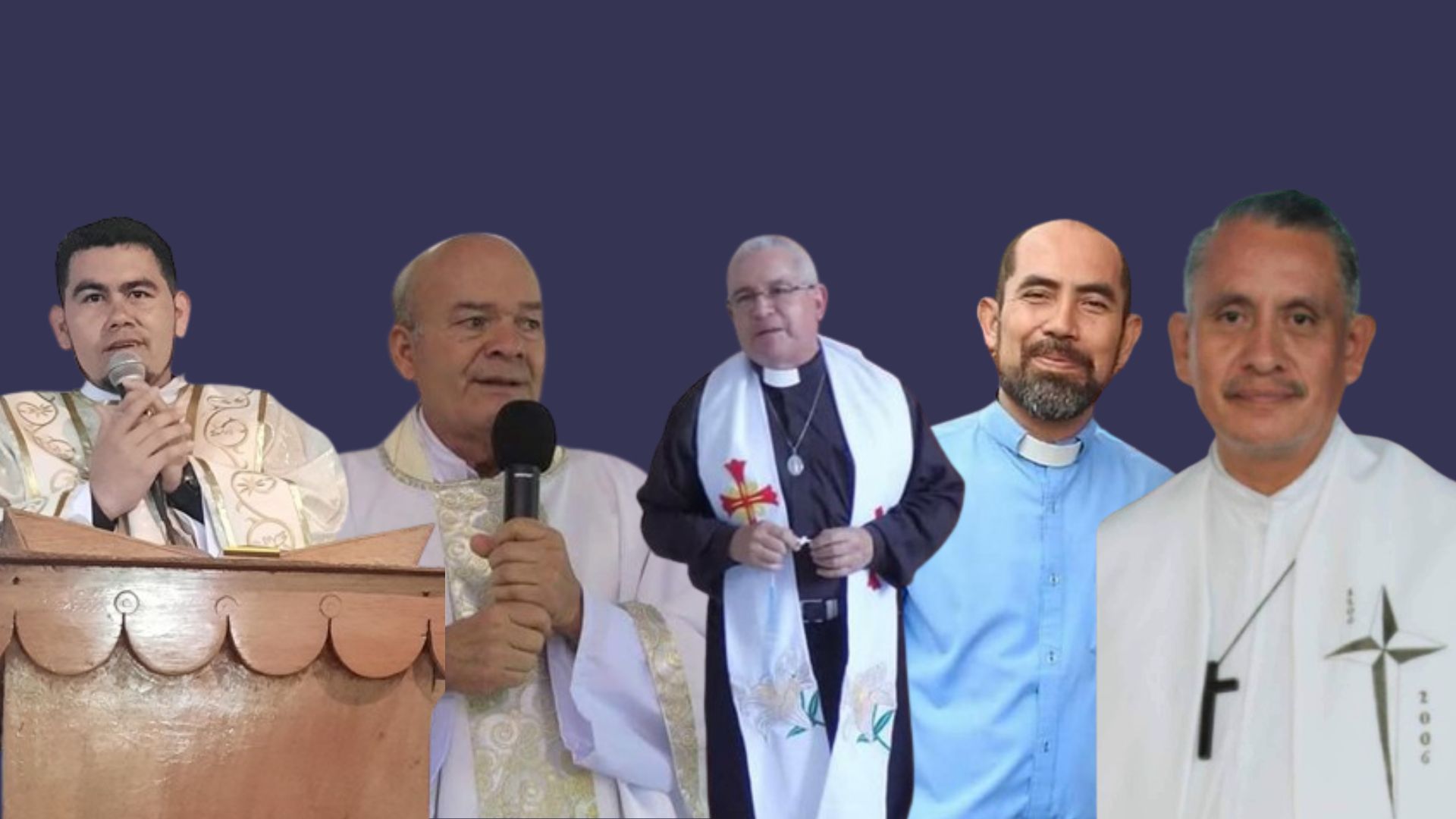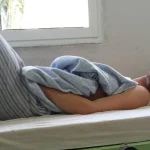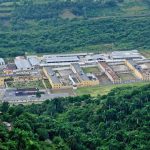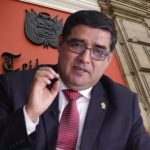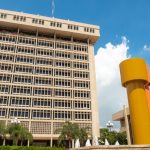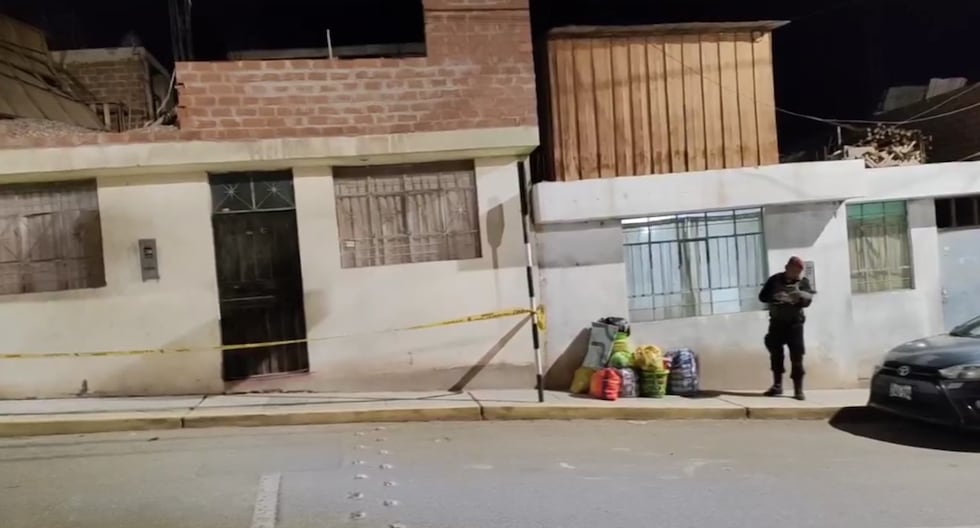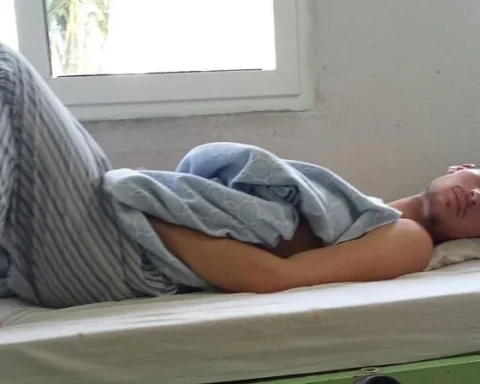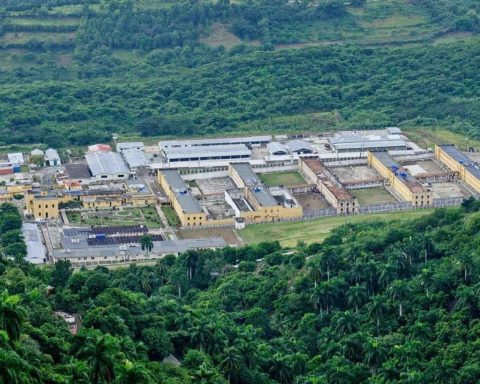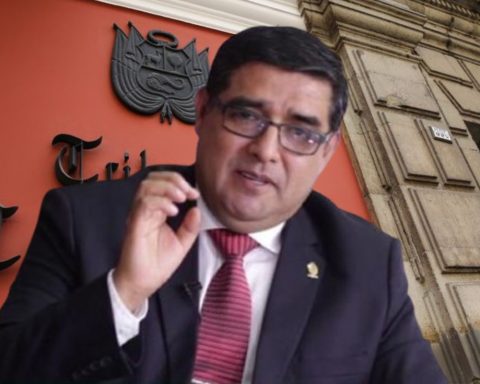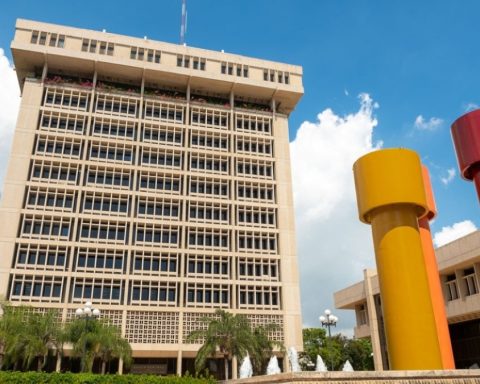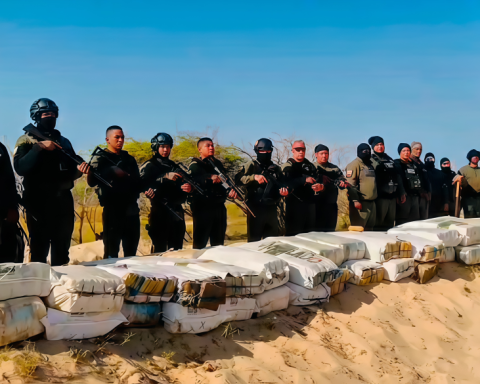At least 12 priests have been arrested in recent days in a new wave of arrests against Catholic Church members in Nicaragua, reported a human rights NGO working from exile in Costa Rica.
“In the last 48 hours there has been an escalation of repression against priests of the Catholic Church” in the department of Matagalpa, in the north of the country, the Nicaragua Never Again Collective said in a statement.
“Several parishes have been besieged and at least 12 priests arbitrarily detained, some of them whose whereabouts are unknown and who have been forcibly disappeared,” the organization said.
Related news: These are the religious figures that Ortega has ordered to be arrested in one week
On Thursday and Friday, Nicaraguan police carried out operations in parishes in the dioceses of Matagalpa and Estelí (north), said Martha Patricia Molina, a lawyer and researcher on church issues, exiled in the United States, on social network X.
Nicaraguan human rights activist Haydée Castillo, also exiled in the United States, told X that “last night Matagalpa was besieged by police and paramilitary forces.”
The Nicaraguan government has not commented on this information.
President Daniel Ortega and his wife, Vice President Rosario Murillo, say the church supported anti-government protests in 2018 that left more than 300 people dead, according to the UN, and which Managua considers a coup attempt sponsored by Washington.
Murillo has described religious people as “children of the devil” or “agents of evil” who carry out “spiritual terrorism.”
“This is the biggest crackdown since December 2023,” when another dozen priests were arrested, the Collective said. Last January, around thirty religious were released from prison and sent to the Vatican.
A week ago, a group of United Nations experts denounced that the Nicaraguan government has maintained “systematic” attacks against the Catholic Church and other Christian denominations since the 2018 protests.
From April 2018 to March 2024, the group recorded “73 cases of arbitrary detentions of members of the Catholic Church and other Christian denominations,” although it said “the total number could be higher.”
